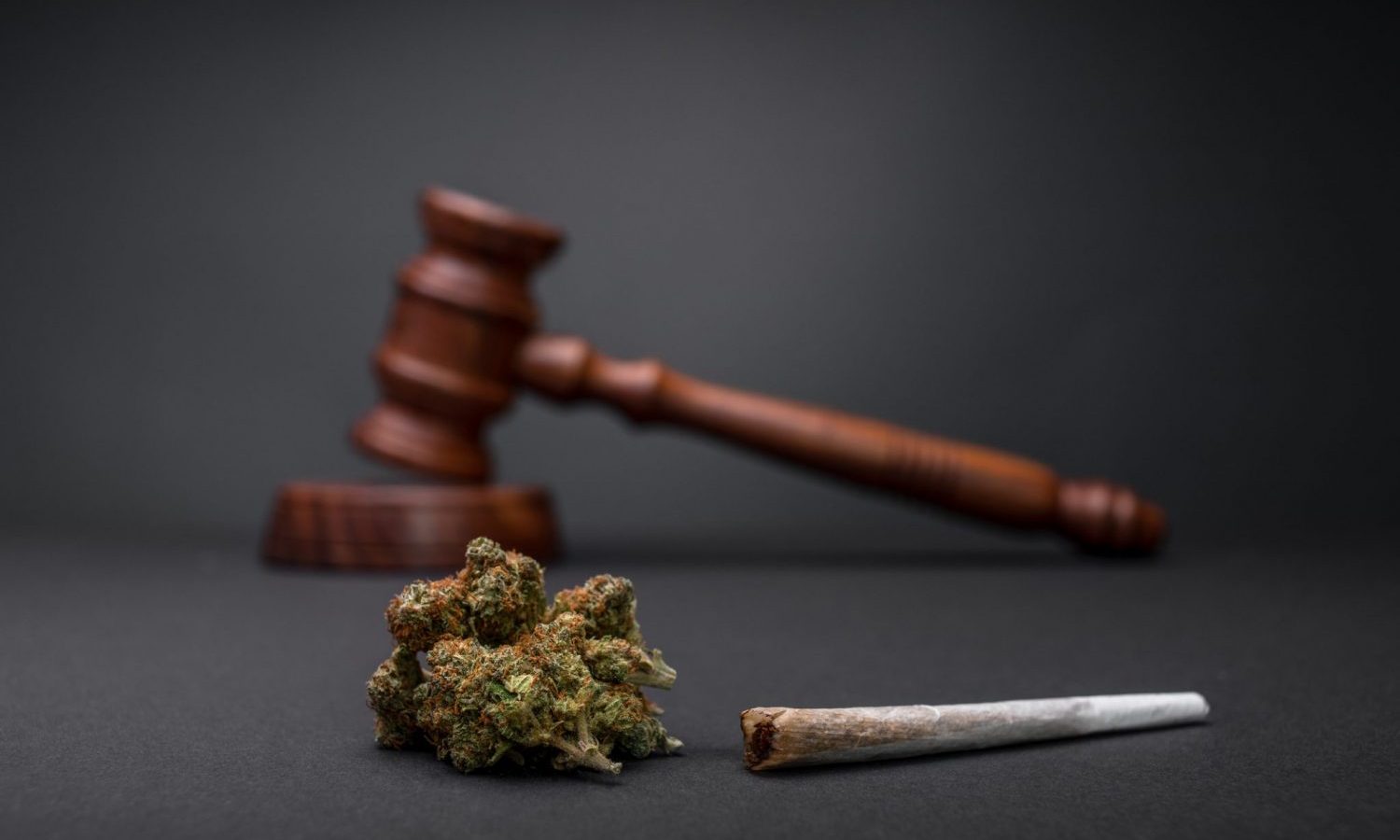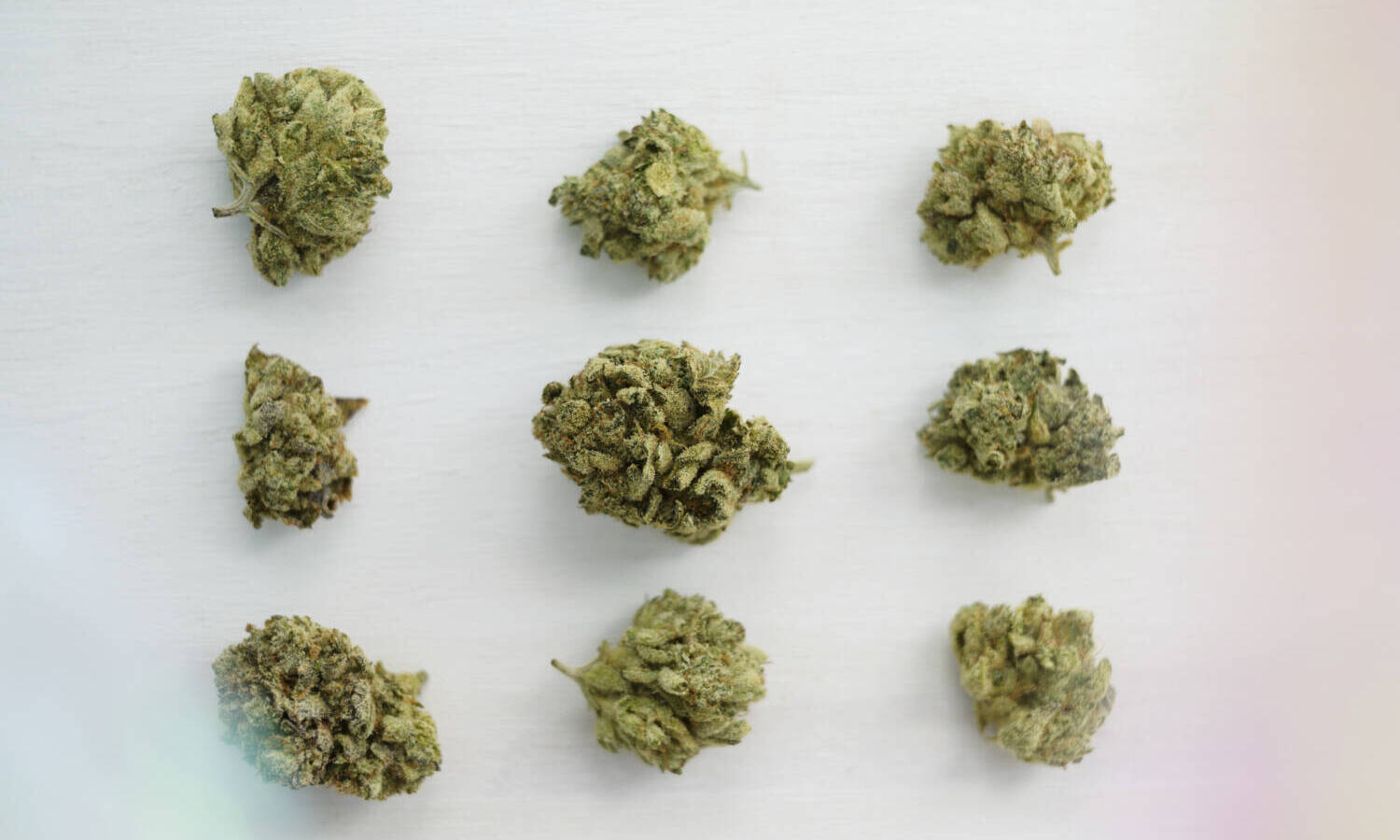
Increase in THC Concentration Lawsuits A cautionary tale for businesses
Recently, there has been a surge in lawsuits against cannabis companies that have allegedly increased the THC potency numbers of the products they sell, ostensibly to appeal to consumers looking for the most potent cannabis they can find.
At least five such lawsuits have only been filed since October, all potential class actions, all still active, all near copies of each other, and all by the same Southern California law firm – Dovel & Luner LLP:
- Jasper Centeno v DreamFields Brands Inc., who alleges that the parent company of the “Jeeter” branded products overestimated THC levels by 70% to 100%, according to a press release. The case was filed in Los Angeles County Superior Court on October 20.
- Rocky Willeford v. Greenfield Organix Inc. and LPF JV Corporation, which alleges that the makers of the “King Roll” brand of pre-rolled joints “have systematically overstated THC levels to mislead consumers,” according to a press release. The case was filed in Monterey County Superior Court on October 28.
- Shanti Gallard v. Ironworks Collective and STIIIZY LLC, who allege that pre-rolls sold by the company and labeled as 50% THC or higher contained only 33-34% THC. The case was filed in LA County Superior Court on December 6.
- Aaron Argueta v. VO Leasing Corp., which claims that some of the Presidential-branded pre-rolled joints advertised as having over 50% THC actually contained 19-21% THC. The case was filed in LA County Superior Court on December 7.
- Buntarn Lun v. Lowell Farms Inc. and Cypress Manufacturing Company, which claims that Lowell Smokes branded pre-rolls advertised as having 38% THC actually contained 18-21% THC. The case was filed in LA County Superior Court on December 14.
Photo by jirkaejc/Getty Images
“Consumers are willing to pay more for higher-THC cannabis products and expect to pay less for lower-THC cannabis products,” said Christin Cho, one of the attorneys who led all five cases, in a press release.
RELATED: Could residency lawsuits upend social justice over cannabis?
“We look forward to holding the accused accountable for their actions,” Cho added.
In fact, Cho’s law firm specializes in class action lawsuits and states on its website that most of these cases are settled out of court and never go to court.
That means any companies targeted by Cho will at least have to face fairly significant legal pressure to pay significant sums to make these cases go away. The main questions are probably how much it will cost to satisfy the plaintiffs in these cases and how much ammunition Cho and her clients may have to use as bargaining chips during settlement negotiations.
RELATED: Are Bad Actors On The Retreat On Cannabis?
bottom line: There is no shortage of attorneys willing and eager to bring lawsuits on behalf of aggrieved customers, especially since both laboratory testing and potency labeling are required by California state regulations.
 Photo by Tetra Images/Getty Images
Photo by Tetra Images/Getty Images
And the problem of both mislabeling and lab purchasing for desired — albeit inaccurate — potency results is rampant, particularly in California, the suits claim.
This makes all of these cases cautionary tales for other manufacturers who might be tempted to inflate their numbers as well to appeal to customers looking for the most potent high. Depending on margins, the risk of a class action lawsuit might not be worth the increase in sales.

Post a comment: